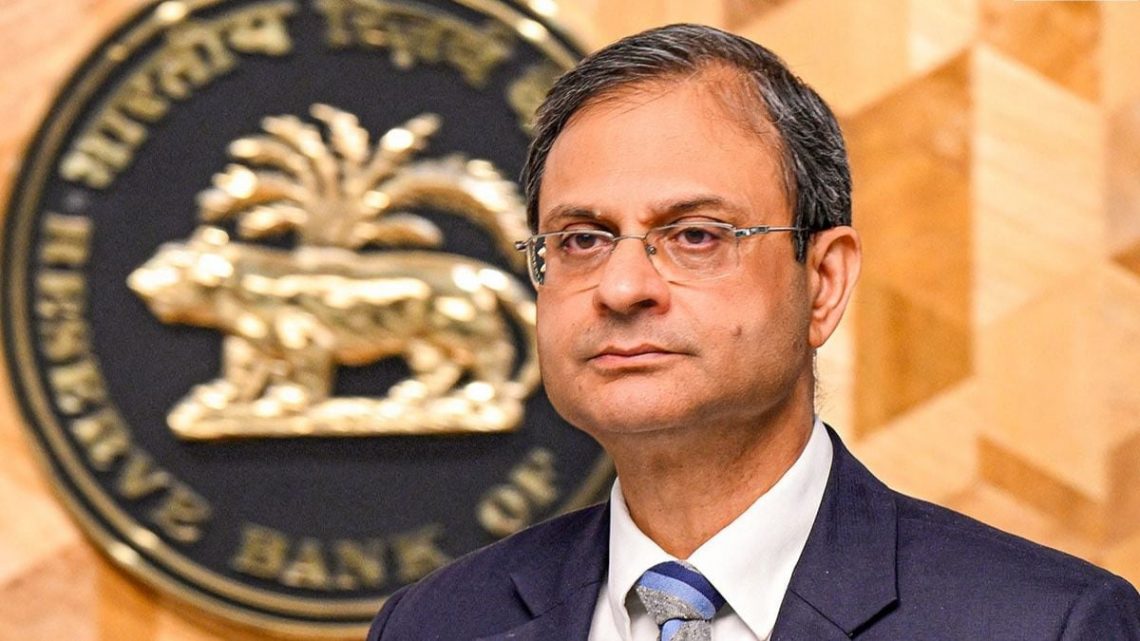The Reserve Bank of India (RBI) on Friday (February 7) announced a new exclusive internet domain, ‘bank.in,’ for Indian banks to enhance cybersecurity and protect against fraud.
The registration process for the domain will begin in April, with a broader ‘fin.in’ domain planned for the overall financial sector in the future.
“The surge in digital frauds is a matter of concern, warranting action by all stakeholders,” Malhotra said.
He noted that digital security is now a top priority for the RBI. He asked financial institutions to invest in advanced fraud detection tools as well.
As part of its broader push to strengthen cybersecurity in the financial sector, the RBI is also planning to extend Additional Factor of Authentication (AFA) to online international digital payments made to offshore merchants that support such authentication, aiming to curb risks arising from rapid digitisation.
Indians have lost Rs 485 crore due to Unified Payments Interface (UPI) frauds in 632,000 incidents during FY25 (up to September). Since the 2022-23 fiscal year, UPI frauds have resulted in losses totalling Rs 2,145 crore across 2.7 million incidents. In FY24 alone, there were 1.34 million cases that caused losses of Rs 1,087 crore, Business Standard reported.
RBI Governor Sanjay Malhotra made the announcement following the central bank’s Monetary Policy Committee (MPC) meeting, where it also decided to cut the benchmark repo rate by 25 basis points to 6.25 per cent– the first reduction in nearly five years.
The move comes as inflation is projected to remain at 4.2 per cent for the 2025-26 fiscal year, Malhotra said.
The decision marks a shift from the December policy meeting, where the MPC opted to keep rates steady at 6.5 per cent, with a 5-1 vote in favor of maintaining the status quo.
In addition to monetary policy changes, the RBI said it will conduct a comprehensive review of trading and settlement timings for markets under its regulation.
Link to article –
RBI unveils exclusive ‘bank.in’ internet domain to combat cyber fraud; ‘fin.in’ coming soon
